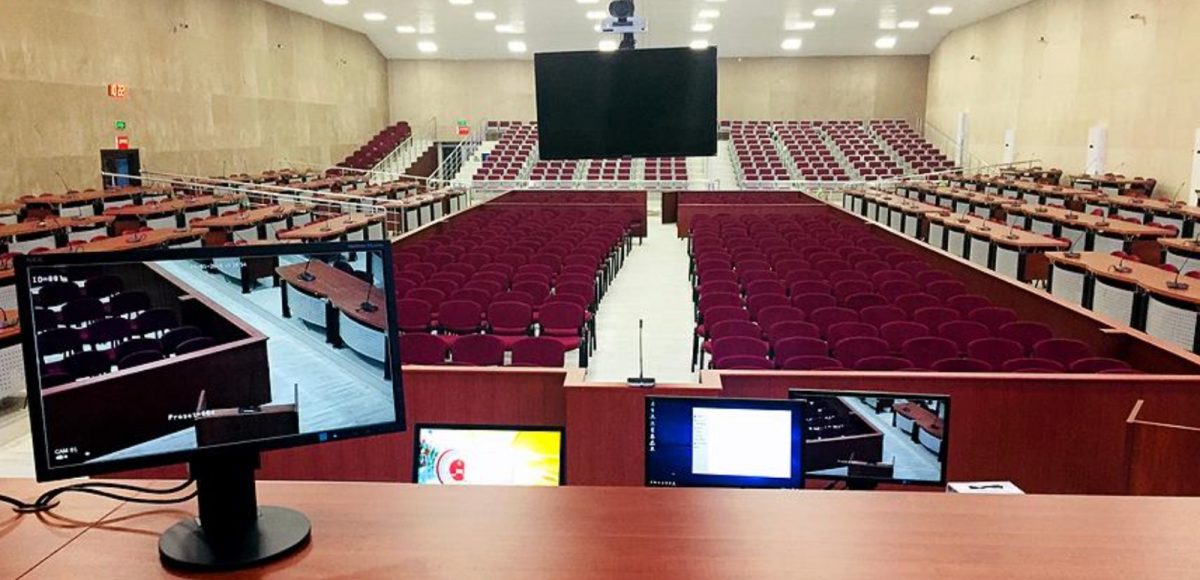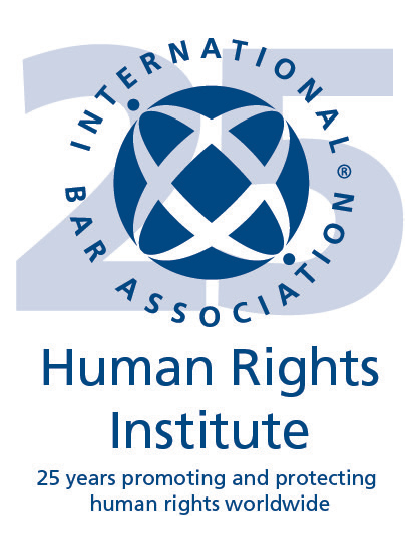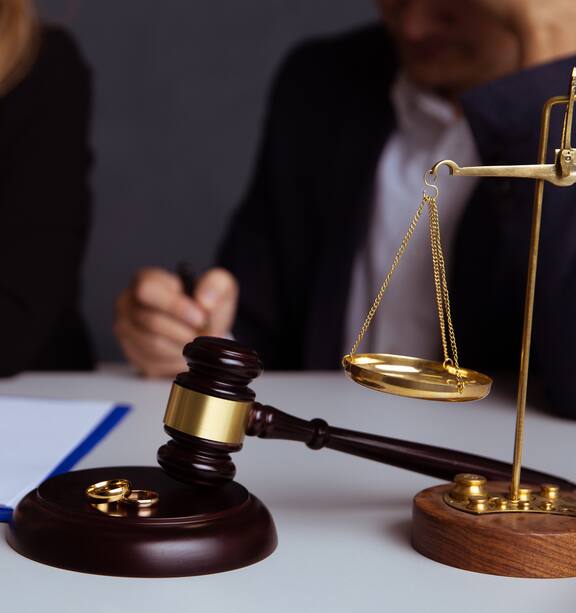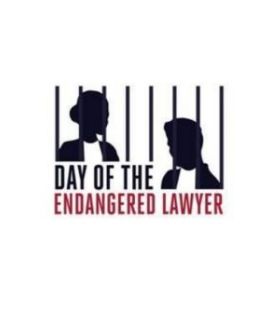The ongoing case against Adnan Oktar and more than two hundred defendants in Turkey has drawn significant international attention due to reported violations of legal principles and human rights standards. Observers such as the UK-based Solicitors International Human Rights Group (SIHRG) have documented concerns about the fairness and independence of the proceedings, raising questions about how justice has been administered in these trials.
The case (regarding 236 defendants, 89 of whom are still in jail), has been going on for more than 5 years with grave violations of law and human rights.
As stated by the UK based Solicitors International Human Rights Group (SIHRG) in its trial observation report, this case in question is the “demolition of an independent group”:
“It is with reluctance that I even use the word “trial” to describe a process”…
The Dutch Ministry of Foreign Affairs’ 2021 Turkey country report refers to the Adnan Oktar lawsuit and explains that the Turkish court sentenced Adnan Oktar to a prison term of 1075 years ’although there was no primary reason for convicting Mr. Oktar’. The report also states that Mr. Oktar was discredited for his religious and social ideas.
Since the police operation on July 11, 2018, there have been violations of international conventions and human rights at every stage of the investigation, prosecution and trial processes.
Let me briefly explain what happened during the last 5 years:
➤ The trials began on September 17, 2019, 15 months after the police operation.
– In violation of the principle of “natural judge” and the “prohibition of discrimination”, a special panel of judges was created specifically tasked with hearing only Adnan Oktar and his friends’ case and the Osman Kavala/Gezi Park case.
– On January 11, 2021, shortly after the panel sentenced Adnan Oktar and his friends to thousands of years in prison, in violation of hundreds of legal principles, it was disbanded and its president was promoted to a higher court.
– All of the defendants’ assets were confiscated, despite the fact that they could not be linked to any crime, and the highest sentences in thousands of years (the highest prison sentences for such alleged crimes in Turkey’s history) were handed down by the court without any material and legal evidence to substantiate the allegations.
➤ On March 15, 2022, the Court of Appealissued a 400-page reasoned judgment in which itoverturned almost all of the sentences imposed by the first degree court on the grounds that the court sentenced the defendants to imprisonment even though, given the state of the evidence, it should have acquitted them.
➤ A terrible smear campaign was launched against the judgesof this Court of Appeals that gave the decision of release. And in order to prevent these same judges from hearing the case a second time, they were assigned to other chambers. Moreover, an investigation was launched against the mentioned judges.
➤ Following the release of 68 arrested defendants by the Court of Appeal, the prosecutor of the Court of Appeal objected to the release decision due to unfavorable publications in the press.
– The 2nd Criminal Chamber of the Court of Appeal immediately accepted this objection without even knowing the details of the case file and following this decision, 55 defendants, for whom arrest warrants had been issued, voluntarily surrendered to police stations and courts and were arrested on the same day.
➤ On March 30th, 2022, on the morning of the day the defendants who turned themselves in were to appear in court, 4 of their lawyers were taken into custody, one of them was subsequently arrested, and three were released on judicial control measures.
– This was not the first operation against the lawyers of the group. Some of the lawyers who represented the defendants in various cases in the past were also investigated and included in the case (without obtaining the necessary permissions from the Ministry of Justice).
– During the prosecution process, two of the most effective and strong defense counsels, were accused of being members of the so-called criminal organization and were arrested; one of them is still in prison. 3 lawyers are being tried without arrest.
These unlawful arbitrary practices against Adnan Oktar’s lawyers were criticized by the International Bar Association’s Human Rights Institute (IBAHRI) in a special letter addressed to the Turkish President Mr. Erdogan. In a letter addressed to Mr. Erdogan, the International Bar Association IBAHRI criticized these interventions which impeded the right to a fair trial:
“We are writing to you … to express our serious concern over the recent judicial harassment of Adnan Oktar’s legal defence counsel whilst in the legitimate course of their professional work as legal practitioners, lacking sufficient evidence and a clear legal basis, in violation of fundamental procedural safeguards”
On November 16th, 2022, the 30th High Criminal Court once again sentenced Adnan Oktar and 13 alleged executives to a total of 8658 years in prison.
SIHRG also observed the second trial and published its report here. It says that the second trial was carried out in the same unlawful manner as the first trial, and as a repetition of the first, lacked respect for the principle of legal certainty of charges and possessed in unlawful abundance guilt by association.
“If anything the second trial was a greater travesty of justice than the first one and that was atrocious enough. I am reluctant to describe either process as a trial and only do so to avoid confusion.”
“The re-trial was deliberately and unashamedly disinterested in defense evidence or arguments and was manifestly determined to overturn the court of appeal’s judgement, resulting once again in the defendants being sentenced to lengthy terms of imprisonment. An intent to crush the movement actuated by pressures from outside the courtroom can be readily inferred.”
As you would see the defendants were heard and found guilty once again by a specially set up tribunal, which did not examine the case impartially and independently.
– The panel’s impartiality and biased approach were observed throughout the hearings (questioning the defendants about their lifestyles, about their private lives, about their preferences, about their clothing etc.).
– In fact, the verdict of the court that sentenced the defendants to thousands of years without even actually providing a proper “reasoning”, did not even include the defense statements of the defendants, the expert reports submitted by the defense, etc.
– The court not only left the defense arguments and expert reports unchallenged and unanswered, but did not even include them in the judgment.
This “special court” delegation is a confirmation of our claim of “violation of the prohibition of discrimination”.
Thus, on April 12th 2023, the newly created Court of Appeals chamber, as expected, upheld the verdict of 30th High Criminal Court which was announced on November 16th, 2022, sentencing Adnan Oktar and 13 so-called executives to a total of 8658 years in prison.
– In fact the Appeal Court received the case file on February 24th, and announced its verdict on April 12th. This means that they did not properly or actually review our case file, which consists of 645 folders.
International observers who attended our court hearings also agree that this case is a political case.
Since July 2018, the police operation, the detention that has been going on for more than 5 years now,
– the implementation of the effective remorse law as a kind of mechanism to let people slander others,
– the deprivation of the detainees of even the most fundamental human rights,
– the seizure of the defendants’ all assets, including their payroll accounts, without a legal basis, and
– the decision to dispose of books authored by Adnan Oktar are some examples demonstrating the level of unlawfulness and injustice we’ve been experiencing.
Since 2018, the defendants and their community have faced measures including prolonged detention, the use of legal mechanisms encouraging individuals to testify against others, confiscation of all personal and business assets, and even the decision to remove books authored by Adnan Oktar from circulation. Critics argue that these actions illustrate the extent of the irregularities surrounding the case.
The Oktar trials remain highly controversial, not only because of the extraordinary prison sentences imposed but also because of the broader implications for judicial independence and human rights in Turkey. While the outcomes of these proceedings are still debated, the case continues to be cited by international observers as an example of the challenges facing the rule of law.






